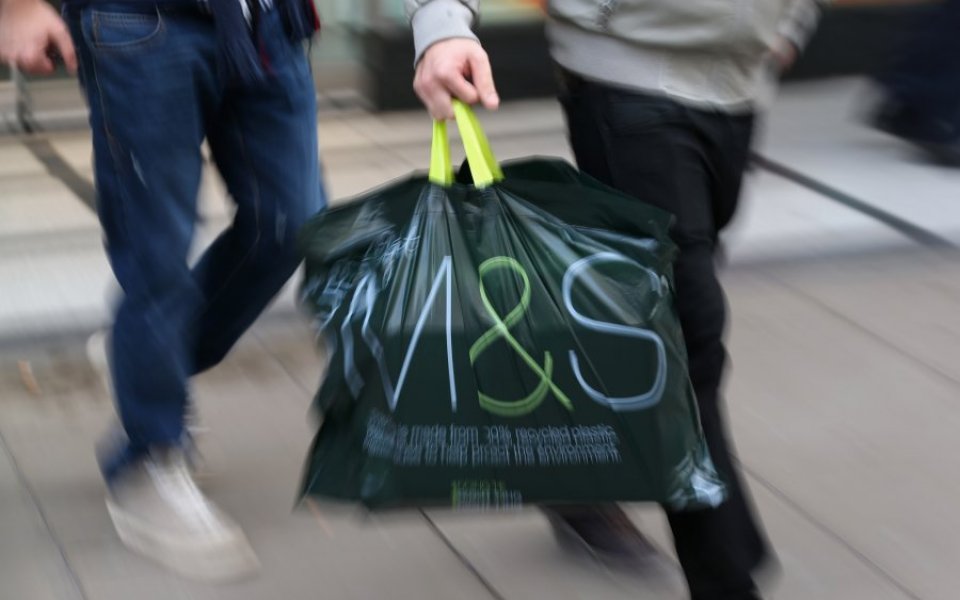Marks & Spencer dividend can’t hide fashion disaster as Next and Primark steal market share

It's that time of year again. The nights are drawing in, the heating’s turned up, minor celebrities are switching on high street Christmas lights… and Marks & Spencer has revealed another disappointing half-year performance.
Admittedly, shares rose yesterday – up 2.8 per cent – but this was more due to a modest improvement to margins and a chunkier dividend. Meanwhile, another fall in clothing sales marked 16 out of 17 quarters of decline; it has become such a regular occurrence that shareholders seemed nonplussed.
Although the company’s share price comfortably beats the FTSE 100 over one-, five- and 10-year periods, the problem for embattled chief executive Marc Bolland is that shareholders are not getting the returns available from a FTSE 100-listed retailer.
While M&S’ share price is up 24.8 per cent in the five years since Bolland took over, Next’s has soared 248 per cent. Over 10 years, the gap is even starker – 23.2 per cent compared with 486 per cent. Not only that, profits at Next now dwarf those of M&S – despite making less than half the total turnover.
It remains crucial that clothing, which offers higher margins than food, is rebuilt. The store portfolio is unwieldy, there are too many poorly differentiated sub-brands (Per Una, Autograph, Indigo…) and there is lingering confusion over M&S’ promotional strategy, which sits in stark contrast to Next’s strict ration of two sales each year. All this must be changed.
It should not be so difficult to get clothing right. Next is doing it. So are John Lewis and Primark, retailers to whom M&S has lost market share and loyal customers.
Rather than tinkering at the edges, fundamental changes must be made. Never mind placating shareholders with increased dividends – that money should be ploughed into getting the clothing division back on track.
By continuing along his current trajectory, Bolland – once branded a “bread and butter and beans man” by an irked shareholder – risks being remembered as the man who turned Britain’s high street staple into just another supermarket. Disgruntled shareholders are right to expect more.